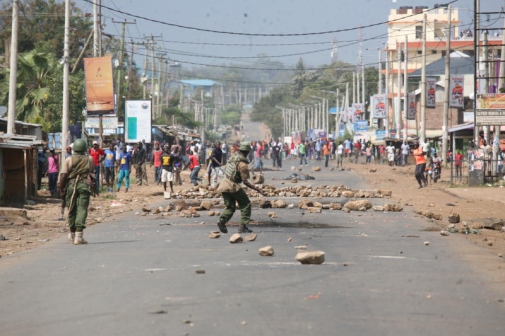×
The Standard e-Paper
Stay Informed, Even Offline

A State clampdown on two civil society groups, divisions over mass protests, and pressure from the international community reportedly prompted the Opposition to opt for the Supreme Court.
While the Opposition leaders had consistently vowed they would not petition the court over the disputed presidential election, it has emerged that various competing interests were at play, leading to Wednesday's decision by NASA leader Raila Odinga to go to court.